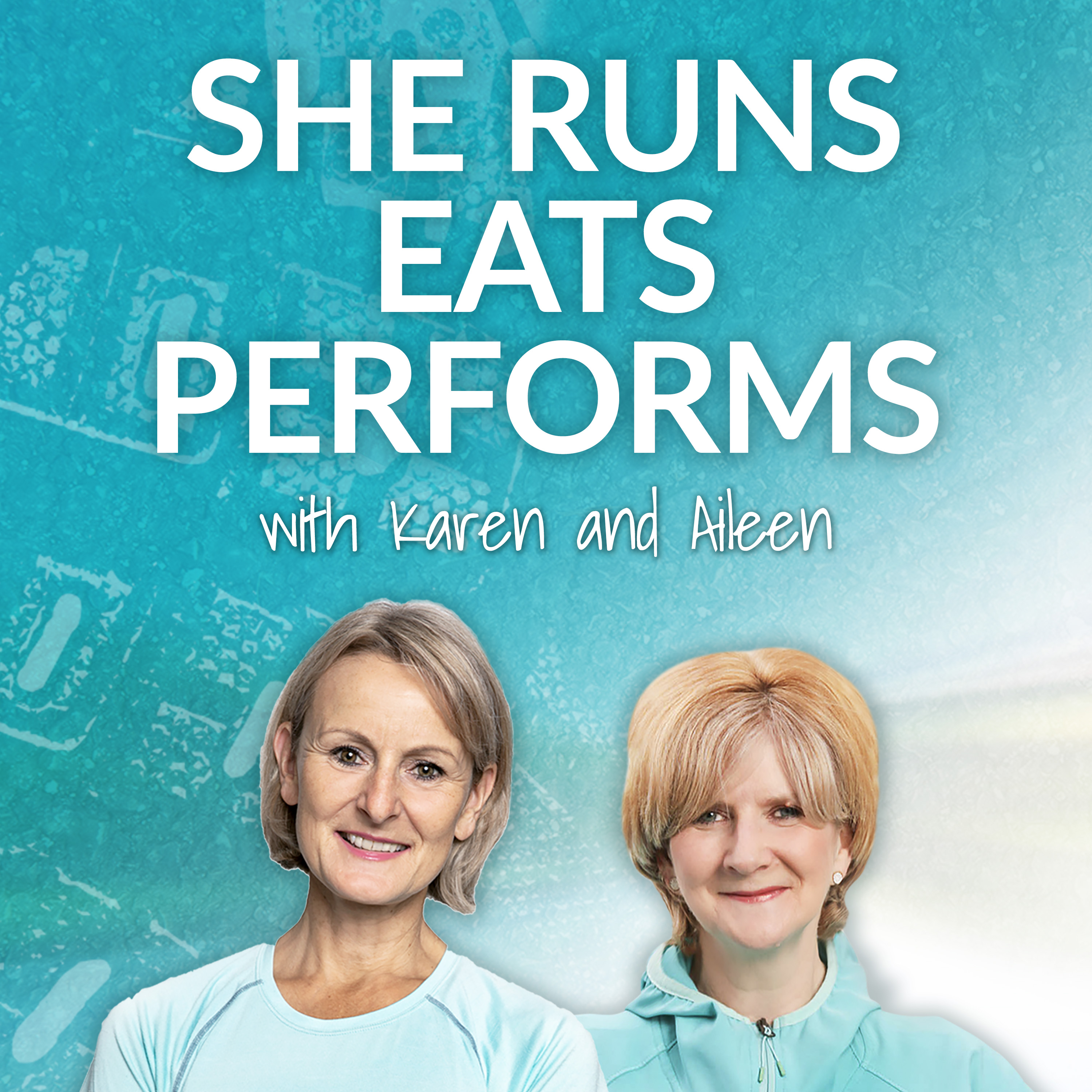Ketogenic Diet and Exercise Performance
Ketogenic Diet and Exercise Performance
The Ketogenic diet is well known as an approach for weight loss, at least in the short term, and has been used as an adjunct treatment for epilepsy and other neurological conditions. BUT, is it an appropriate diet for endurance athletes? In this episode we explore what the ketogenic diet is and our current understanding of its use as an approach to health before moving on to consider its influence on exercise performance. We then end by translating all this information into recommendations for you as runners. We look at the questions:
- What are the potential detrimental side effects for health and running performance?
- What are the benefits to performance from using fat as fuel?
- Could the Ketogenic diet be manipulated to support running performance?
- Could it be suitable for some runners but not others?
- Could it be suitable at certain times during a runner’s annual training cycle?
Show Notes
(06:12)
Defining the Ketogenic diet, which is a low carbohydrate:high fat diet where carbohydrate intake is reduced to as little as 10% of the overall daily macronutrient intake. Also, outlining some food ideas and quantities to consider if following this stye of eating.
(15:04)
Looking at energy production when following a Ketogenic diet, thinking specifically about:
- Gluconeogenesis
- Ketogenesis
A brief introduction to gluconeogenesis is given before focusing on Ketogenesis in more depth including an outline of some of the known general health benefits and possible detrimental effects of this dietary approach.
(27:43)
Moving on to consider how the Ketogenic diet may influence exercise performance. Thought is given to the benefits of using fat as fuel, but the demand for oxygen when shifting from carbohydrate to fat metabolism and the subsequent potential effects on performance are also debated.
(48:15)
Translating all the information and current research theories discussed into recommendations for runners of all abilities. Considering aspects including:
- The potential for nutrient deficiencies
- Running in the fasted state and its ability to support efficient utilisation of “fat as fuel”
- Manipulating the ketogenic diet to support running training
(57:12)
FEMALE FACTORS:
- Regarding weight loss and blood sugar balance, the ketogenic diet has been found to have fewer positive effects in females compared to males
- The influence of oestrogen may be a factor in WHY the Ketogenic diet is less effective in women besides men
- The Ketogenic diet may be more suitable for post-menopausal women when oestrogen levels are naturally reduced.
- This diet is difficult to maintain in the long-term so may lead to rebound weight gain. Subsequent weight loss may be more difficult to achieve, especially for women in midlife.
- This diet could lead to the removal of a complete food group; a food group important for general health, but also many female specific aspects of health, including: sex hormone balance, blood sugar control and cortisol stability.
- More research is required into the ketogenic diet and its impact on female (and male) runners
(1:00:13)
KEY TAKEAWAYS
1) The Ketogenic LCHF Diet is one where CHO intake is reduced to a minimal daily intake and replaced with a much higher intake of fat.
2) This diet appears to have a place in medicine as an adjunct treatment for certain medical conditions e.g. epilepsy
3) There is limited research into this diet and its effects on exercise performance, and the studies carried out to date do not appear to suggest it IMPROVES performance
4) BUT the studies do suggest The ketogenic could increase peak aerobic CAPACITY
5) The ketogenic diet appears to have several side effects including an increased risk of
- Dehydration
- Electrolyte disturbances
- Hypoglycaemia
- Vitamin and mineral deficiencies
6) Also, it has been shown to be unsustainable in the long-term and when used as a weight loss strategy, can result in rebound weight gain when removed.
7) Finally, we would not recommend this approach for running performance, we suggest a more balanced diet and using the different macronutrients strategically to manipulate their performance enhancing capabilities
Related Episodes:
Ep2 Macronutrients to Help Runners Go Faster for Longer
Ep28 Nutrition Periodisation for Runners
Disclaimer:
The suggestions we make during this episode are for guidance and
advice only, and are not a substitute for medical advice or treatment.
If you have any concerns regarding your health, please contact
your healthcare professional for advice as soon as possible.
Aileen Smith and Karen Campbell met at as nutrition students (Institute for Optimum Nutrition, London) and became lifelong friends and nutritional buddies! Both have a love of running and a passion for nutrition, delicious food and healthy living.
Together they host RUNNERS HEALTH HUB. A place for like-minded runners who are looking for simple ways to support running performance, energy, endurance, and general great health.
We are excited to be able to share our expertise, experience and short cuts with you. We hope you'll join us again. If you'd like to know more about us and She Runs Eats Performs please check out our TRAILER.
If you're ready to make learn more about how you may introduce easy nutrition into your running and training plan join our Easy Nutrition For Healthy Runners Online Programme for short videos, recipes, downloads and LIVE training and Q&A.
As a THANK YOU to you as one of our valued listeners, we have a special offer for you use COUPON CODE POD to get 33% discount off the full price which brings the price to £199.
If you’d like help from Karen and Aileen to design a personalised sports nutrition plan for your running - please contact them at hello@runnershealthhub.com
Happy Running!
Aileen and Karen

